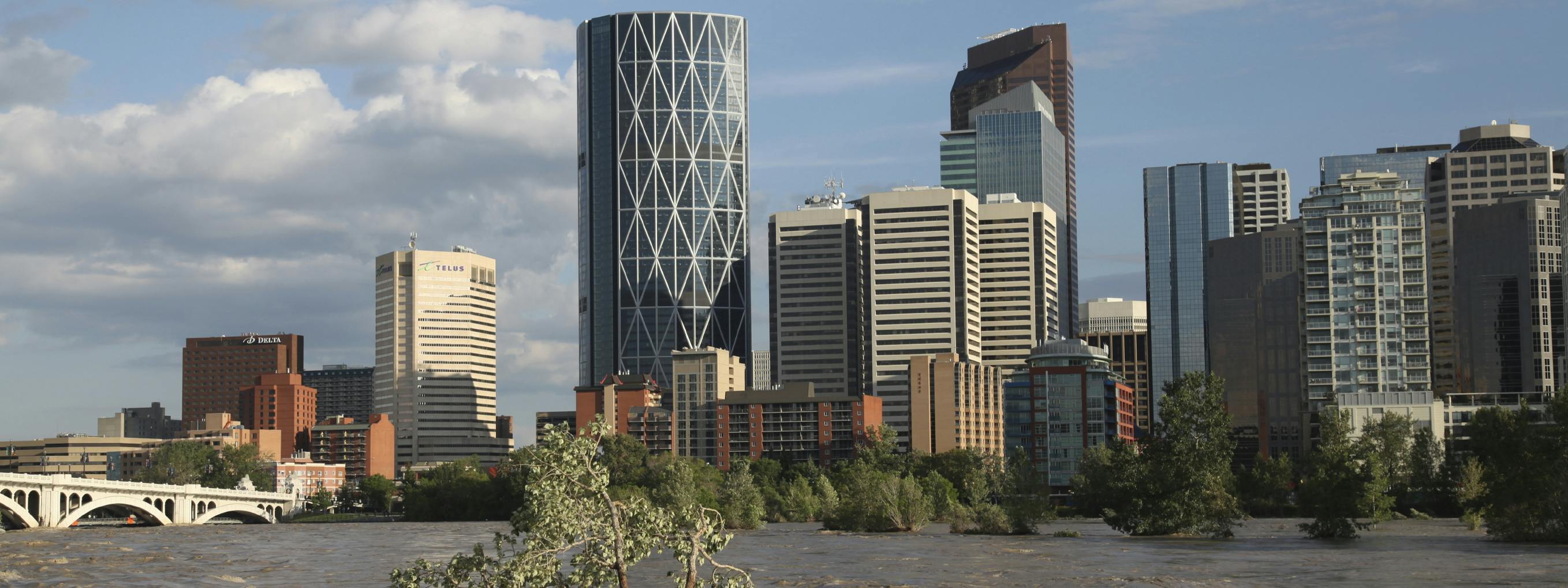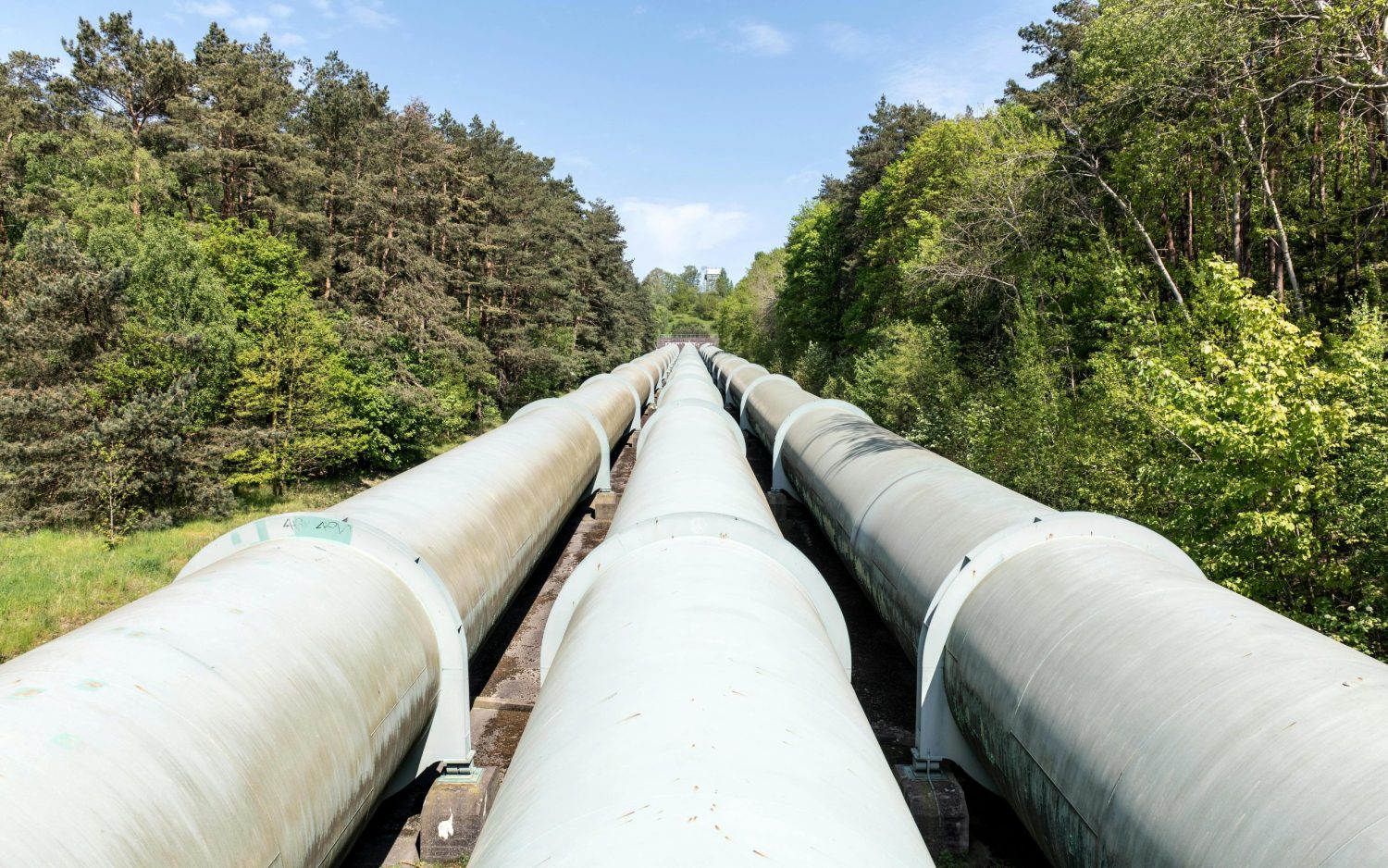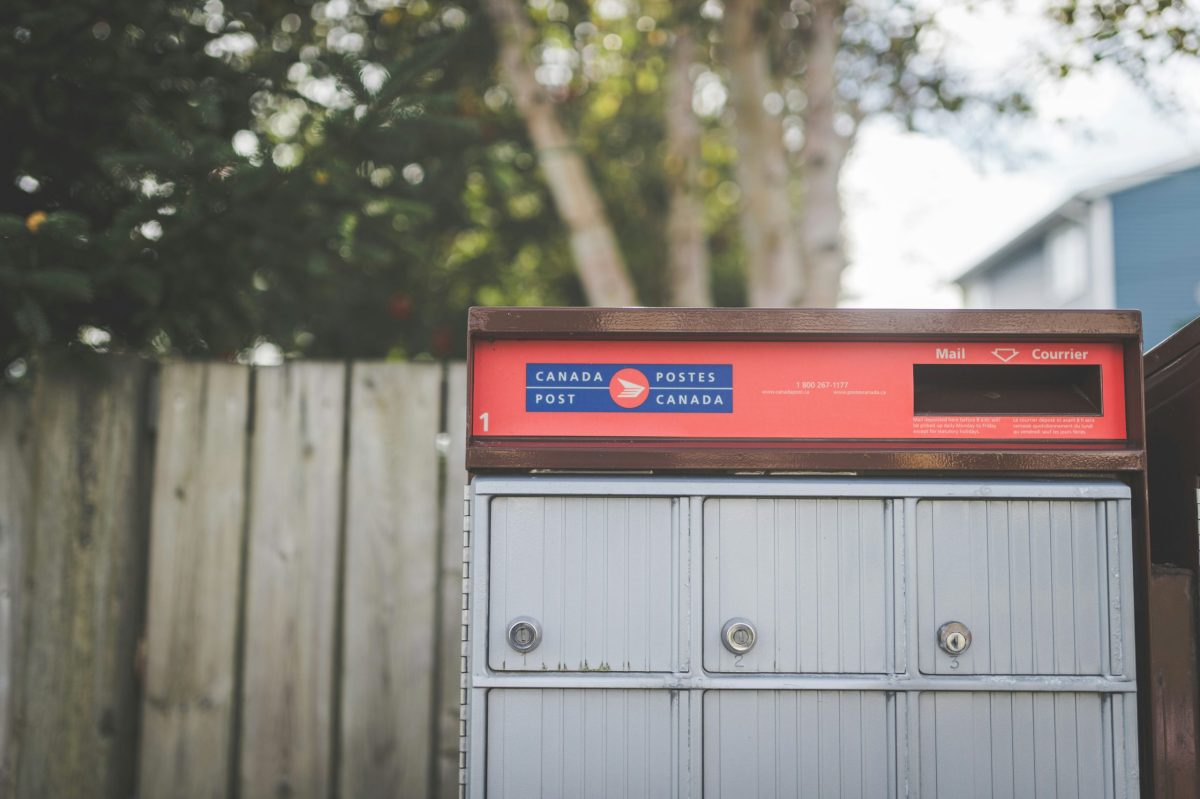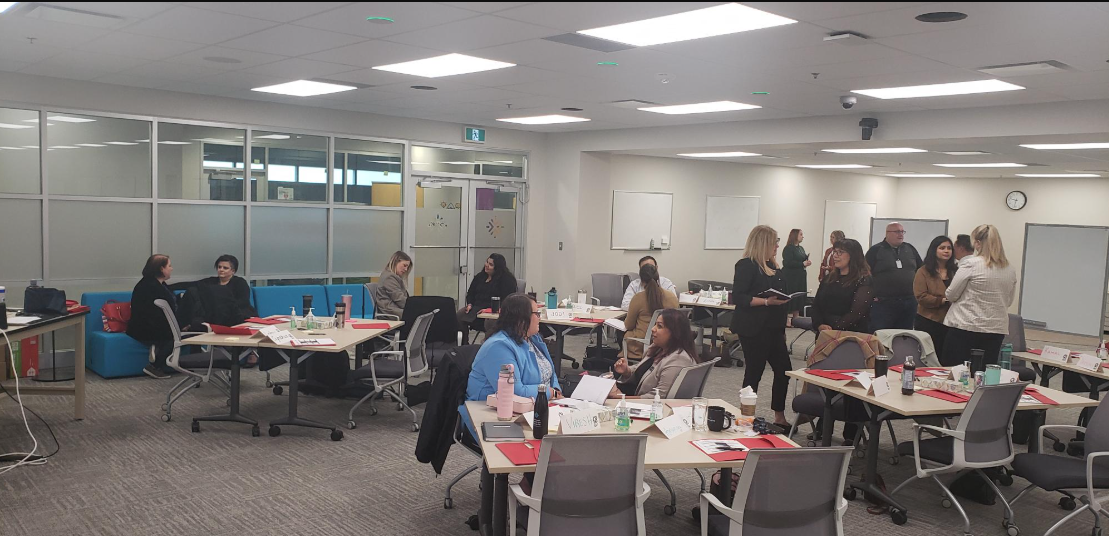The COVID-19 pandemic has the potential to intensify additional emergencies or disasters. As we enter the 2020 flood season, now is the time to ensure our homes and businesses are prepared for flooding while considering COVID-19 spread prevention guidelines.
As emergency partner to the Calgary Emergency Management Agency (CEMA), the Calgary Chamber stands ready to provide response and recovery support to our business community in the event of an emergency or disaster.
2020 flood risk
While there are many factors that influence flooding in Calgary, the most important is heavy rain fall which usually occurs between May 15 and July 15. This year, we have a high snow pack in the mountains which may increase river flow, however this doesn’t usually result in flooding on its own.
Flood preparation at home
As many of us continue to work from home, now is the best time to ensure you have a plan in place to protect your family and your property from flood while respecting COVID-19 guidelines.
Take precautions while moving valuables out of your basement
If you need help, ask someone you trust and take extra precautions such as maintaining physical distance of at least 2 meters, washing your hands frequently, and wearing face coverings. If you’re self-isolating, wait until you’re out of the isolation period or ask someone you trust to remove the items.
Review your evacuation plans
Should you become separated from your family members, choose an agreed upon meeting place that avoids crowds, such as large parking lots, quiet streets, or uncrowded green spaces.
Review your alternative accommodation options
- If you and your household are healthy, confirm with family or friends ahead of time if they are okay with you joining them and discuss how you will practice physical distancing while there. Make sure your plan does not include staying with the elderly, those who are immune-compromised, or with COVID-19 symptoms.
- If you or anyone in your household is in self-isolation, consider staying in a hotel or ensure a separate room and bathroom are available if you are staying with others.
Update your emergency kit
Make sure you have enough supplies to last 14 days if you get sick. Add hand sanitizer, soap, and cloth face coverings to your emergency preparedness kit.
Flood preparation in the workplace
If you are a business owner, there are many steps you can take to ensure your operations are prepared for any flooding situation.
Prepare your buildings
If your building has been unoccupied for a while, and it is safe for you to do so, conduct a flood-ready inspection that includes:
- Locating electrical, gas and water shutoff valves
- Moving valuables and important documents to an area safe from flood waters
- Secure any materials that could cause damage or be swept away by flood waters
Prepare your operations
- Revisit your business continuity plans and consider what specific adaptations will be needed given COVID-19.
- Talk to your insurance company to fully understand your policy regarding flooding or water damage
- Create a communications plan for employees, suppliers, and customers that includes COVID-19 considerations
Prepare your employees
- Discuss your revised business emergency plan with employees, even if it is informal.
- Ensure employees are aware of any hazards and new protocols
- Provide any additional training required to ensure staff are ready







